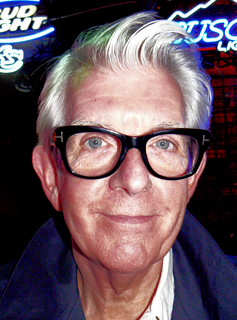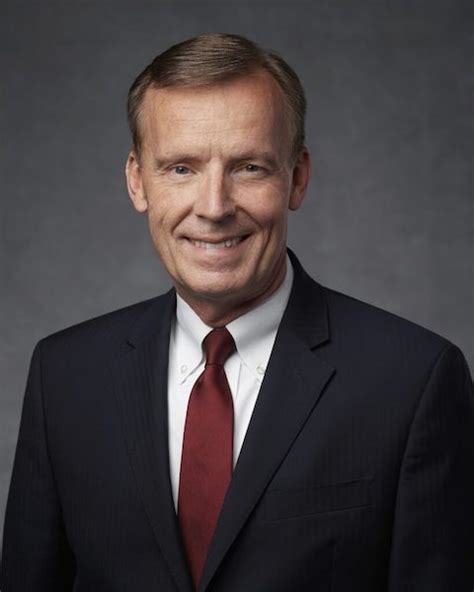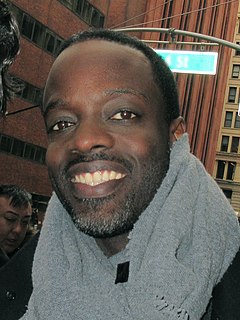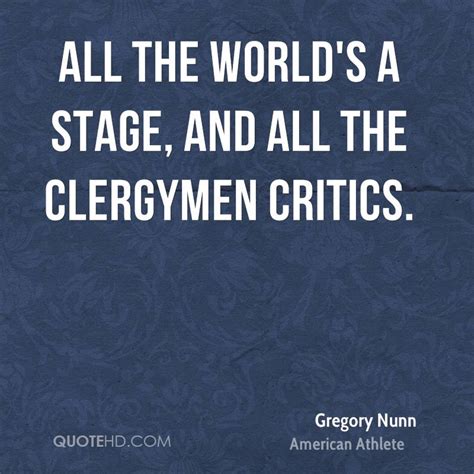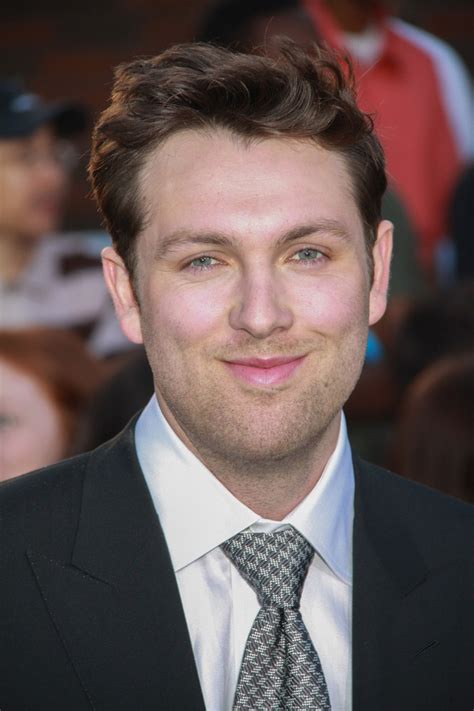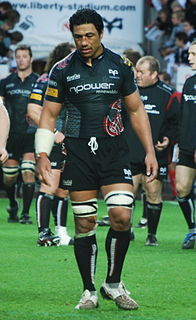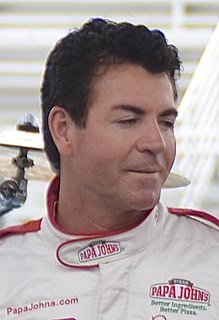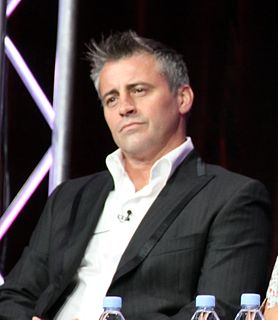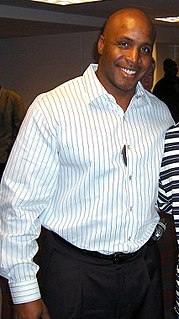A Quote by Yo Gotti
I believe your success is based off what your goals are. Are you trying to feed your family or have plaques on the wall and be broke? In that case, I think the game is in a better place. We have all heard of famous artists who are broke. Then we know of artists who may have had only a song or two on radio, but have a million or two dollars off that quick come up.
Related Quotes
And then, one day, they program a new tune, and it really catches your ear, you know, because you can be doing the washing up or something, you know, in your apartment and suddenly you go, whoa, what are they playing in there? And you run to the wall, but it's finished - but the song's finished. You only heard enough of it just the pique your interest. And you never know when they're going to play it again, of course, like a normal radio station.
If you're trying to be miserable, it's important you don't have any goals. No school goals, personal goals, family goals. Your only objective each day should be to inhale and exhale for sixteen hours before you go to bed again. Don't read anything informative, don't listen to anything useful, don't do anything productive. If you start achieving goals, you might start to feel a sense of excitement, then you might want to set another goal, and then your miserable mornings are through. To maintain your misery, the idea of crossing off your goals should never cross your mind.
White artists have made millions of dollars off music they stole from black artists. I don't blame all the white artists. I'm a huge Stevie Ray Vaughn fan, and he was always very gracious about where he learned his music. But a lot of the time, you'd think the white guys thought it up. Hey, hasn't anyone heard of Muddy Waters?
I would also argue that there is a good chance that an outline will help you stave off any onslaught of writer's block. Let me advise you right up front that I am not a big believer in writer's block. I think writer's block is God's way of telling you one of two things - that you failed to think your material through sufficiently before you started writing, or that you need a day or two off with your family and friends.
I met Harrison Ford when I was at Comic Con. I didn't know what to say. He was standing behind these two bodyguards - I think he was going up next for Ender's Game - and I had just come off the panel. I saw him sitting over there and I couldn't believe it, so I just walked over to him. He looked right at me and said, "Are you Michael Madsen's son? You look a lot like your dad. You've got a great look, man. I think you're going to have a good future." I just couldn't believe he said that, and then he walked right onto the panel.
You've got to be committed. It comes down to setting yourself goals as an individual. In rugby you have team goals that you strive for, but you also set yourself simple goals that are achievable. It helps to write them down so you understand what you need to do, and what your focus is. Put them on your wall, then each time you wake up, you'll see them. Then you can just tick them off once you've achieved them.
Is it better to strive for success as a self-representing artist or try to get your feet wet in the gallery world? That is such a common question these days among artists. I truly believe that most artists will come to a cross road where they will have to decide on which route to take as it's extremely hard to be successful in both worlds.
I wrote 'Turn Your Radio On' in 1937, and it was published in 1938. At this time radio was relatively new to the rural people, especially gospel music programs. I had become alert to the necessity of creating song titles, themes, and plots, and frequently people would call me and say, 'Turn your radio on, Albert, they're singing one of your songs on such-and-such a station.' It finally dawned on me to use their quote, 'Turn your radio on,' as a theme for a religious originated song, and this was the beginning of 'Turn Your Radio On' as we know it.

